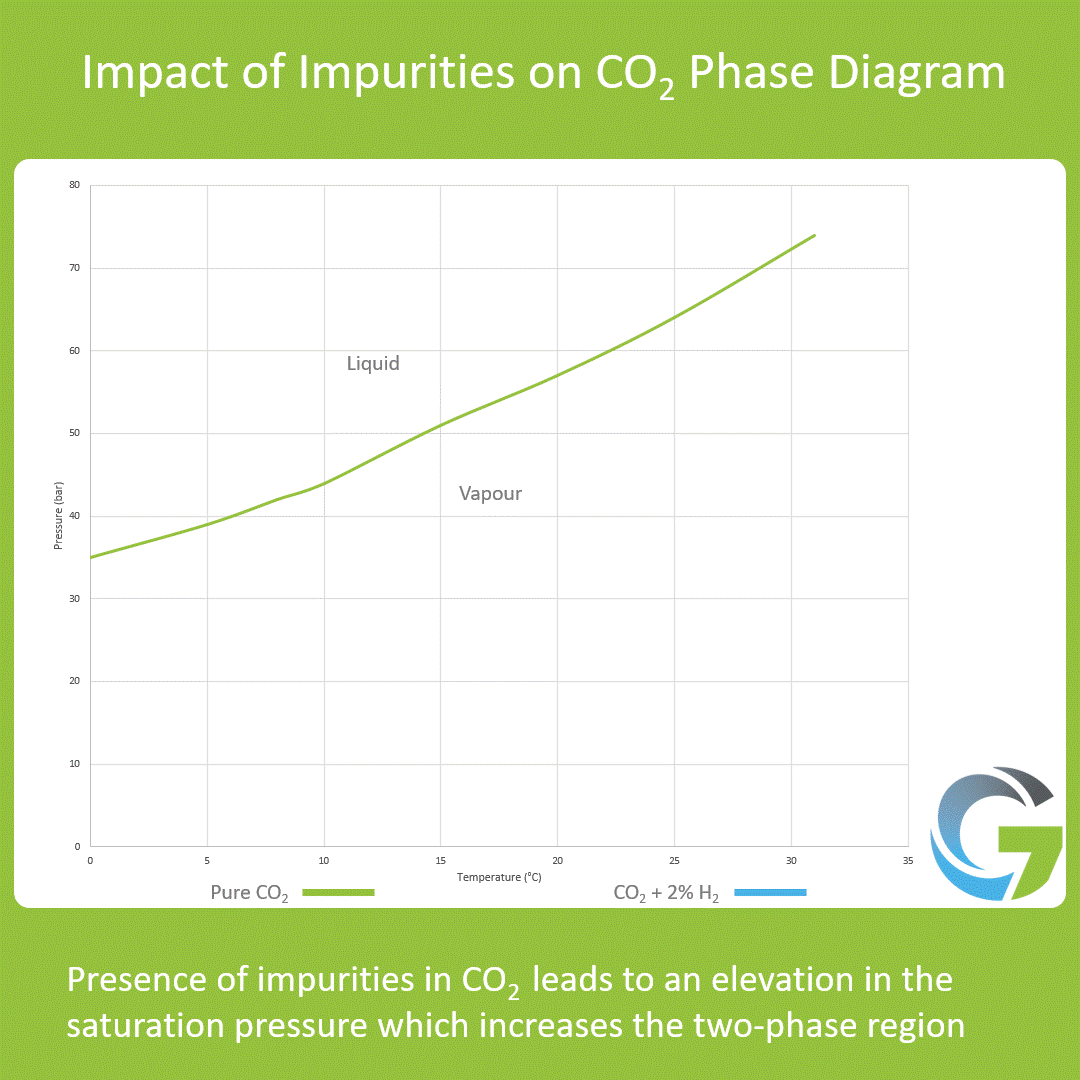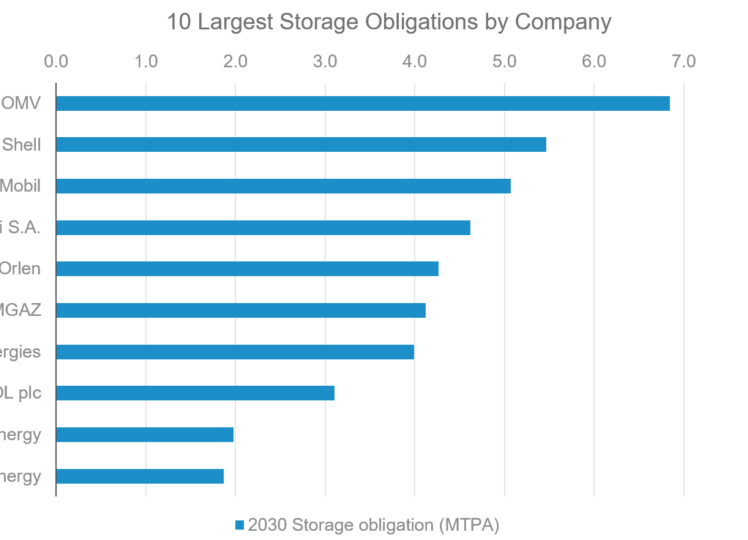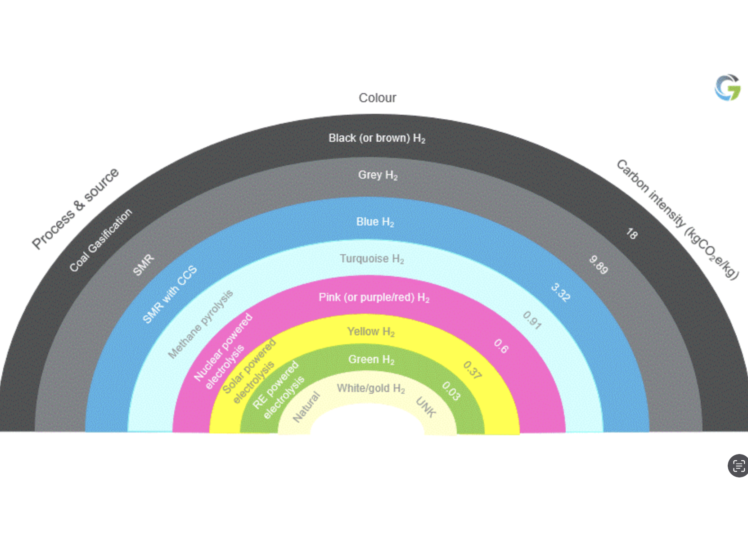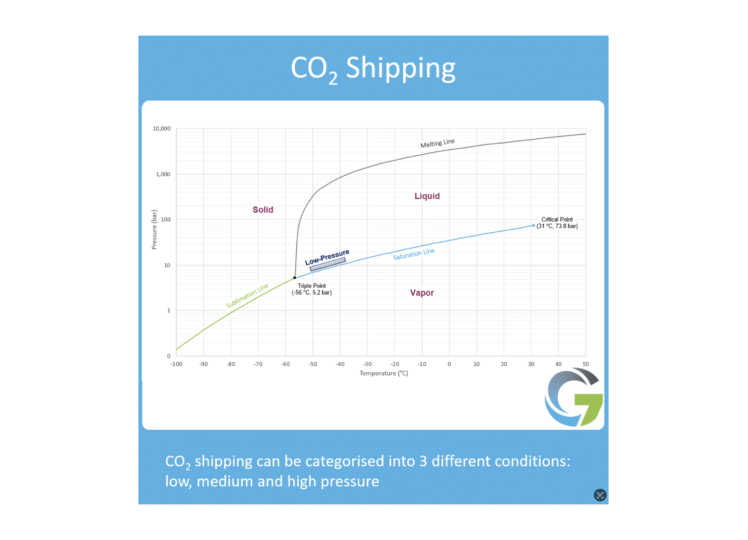Thought Leadership
May 2023
CO2 Impurities
Did you know that the impurities present in a carbon dioxide (CO2) stream can greatly affect shipping or pipeline transportation for Carbon Capture and Storage (CCS)? CO2 typically has a >95% purity as the minimum industry standard concentration in the dense phase, so we've been exploring the impurities which make up the remaining 5% and their impact on the value chain. Maeve Gielty explains more…
Water (H2O) content should be limited to less than 640 ppmv to avoid free water forming in the pipeline, as it reacts with the CO2 to form carbonic acid (H2CO3), causing both pipeline corrosion and hydrate formation. Ideally, water content should be limited to 50 ppmv, which is commonly accepted as being fully dehydrated for a CO2 stream.
Another group of impurities includes hydrogen sulphide (H2S), sulphur oxides (SOx) and nitrogen oxides (NOx), which can also dissolve in free water to form acids and can cause corrosion. To minimise this risk, specifications tend to limit these concentrations to <200 ppmv for H2S, and <100 ppmv each for SOx and NOx, however the expected level in a CO2 stream is usually below these values.
CO2 streams containing high amounts of hydrogen (H2), nitrogen (N2), argon (Ar), and oxygen (O2) will lower the quality of the dense phase by increasing the saturation pressure, thereby enlarging the two-phase parameters. H2 has the most pronounced effect in raising the saturation pressure, therefore high content can put greater restrictions on the operating envelope of the system. H2 embrittlement may also occur in a two-phase system which is why H2 content in the stream should be kept to under 2 mol%.
Understanding the impact of different types of impurities on the overall system is a key part of maintaining safe and reliable CCS operations. Setting optimal CO2 specifications will ensure integrity of the system infrastructure, minimise risks, and maintain the desired quality of CO2 streams.
Included in our diverse team are chemical engineers and chemists who are enthusiastic to help across the CCS value chain.




